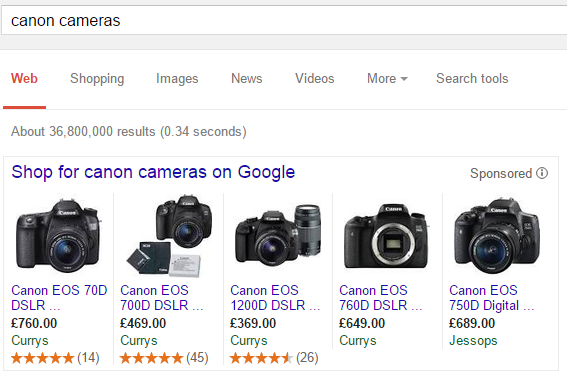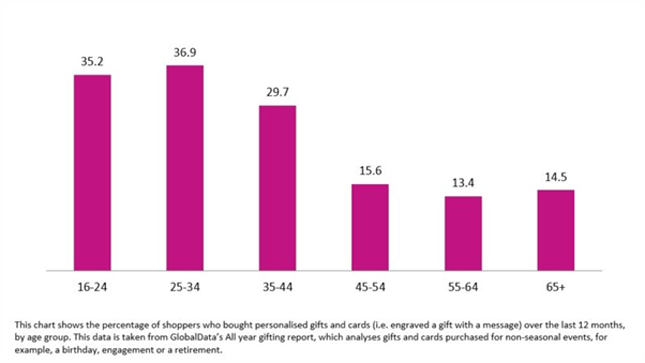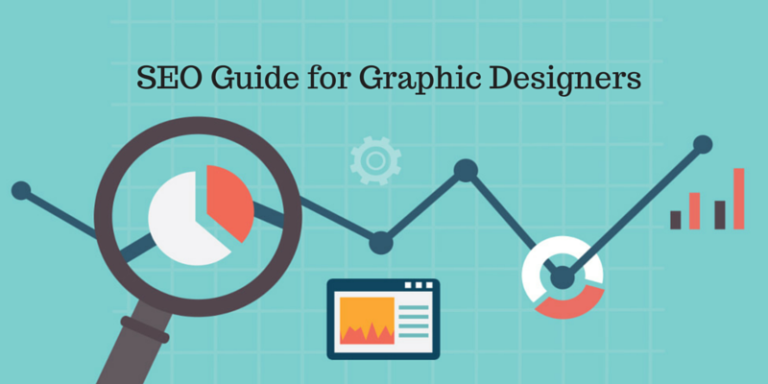
What is the Google Penguin Update?
Google makes ongoing enhancements to improve the quality of search results for its users. Google does this by making updates to their algorithm (the calculation that assesses websites to rank them within natural search results). Google’s previous major algorithm update in 2011 was called Google Panda and was based on the quality of the website taking into account variables such as the speed of the webpage, the bounce rate, design of the webpage and the trustworthiness. However this update did not consider the actual content that was on the page when ranking websites in its search engine.
As Google are ever trying to increase their reputation as being the world’s best search engine Matt Cutts Head of Google Webspam announced at the beginning of 2012 that they would be bringing in another update that would specifically target websites that over optimise their site purely for SEO purposes. This update is called “Google Penguin”.
In short, Google Penguin penalises sites that in their view overly use certain keywords on a page or use keywords that are not actually that relevant to the content provided on the page. A further penalisation is one for poor quality links. The value of the linkbuilding is far more important nowadays than just churning low quality content that has very little value just for the sake of getting links. This is a positive advancement for those investing in high quality “white hat” SEO strategies as it means better pieces of content will always rank higher than masses of poor content. As the saying goes the cream always rises to the top.
Although companies who have previously relied on a high volume, low quality links to enhance their search engine rankings may notice that their sites drop in rankings, anyone can start adopting a 100% ethical or “white hat” approach to SEO.
Actions you can take to benefit from the Google Penguin Update
Q) Is your website copy written for your main target audiences?
A) Re-write key pages and make sure they are optimised for your customers
Q) Would your website visitors find the information relevant to their needs?
A) Develop new pages and types of content such as presentations and blogs
Q) Is your meta data relevant to the content displayed on the site?
A) Ensure your meta data reflects the keywords used in the main content
Q) Does the content read well for humans and represent your brand tone of voice?
A) Read your website copy and make any adjustments
Q) Are sentences and paragraphs structured correctly with headers?
A) Separate copy into short paragraphs with main headers and sub headers
Q) Do you have high quality content such as videos, presentations or social media profiles?
A) Optimise your offsite content so assets link back to relevant pages on your site
These are just a few straightforward ways in which you can ensure your site is better optimised for the Google Penguin Update and should help you maintain or improve your rankings in the Google search results.






